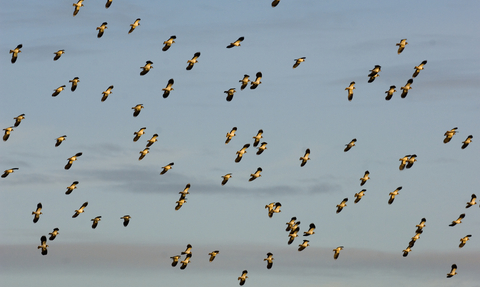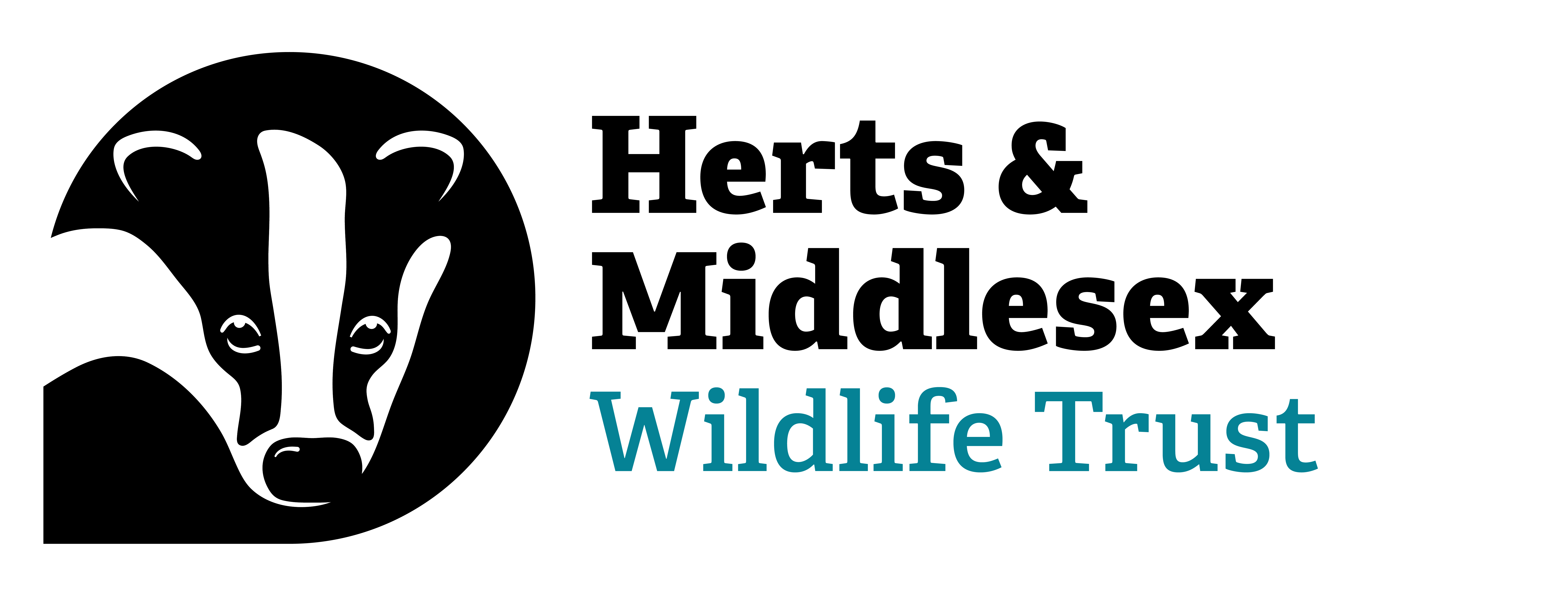
Avian Flu
Information update and recommended guidelines
Avian Influenza or Avian Flu continues to spread through our captive and wild bird populations in the UK. The scale of Avian Flu outbreaks across the UK and Europe have been unprecedented with over 330 cases confirmed across the country between late October 2021 and April 2023. This has led to strict biosecurity measures being put in place for keepers of domestic birds. The risk to wild birds also requires land managers such as the Trust and our visitors to be extra vigilant and follow safety and reporting guidance.
What caused the current outbreak?
This latest outbreak has been caused by the H5N1 virus, and is believed to have its origins in the epidemic that has affected poultry farms and other captive birds. It has since spread to our wild bird populations particularly affecting sea and wetland species.
Have cases been identified on Hertfordshire and Middlesex Trust nature reserves?
Unfortunately, the Trust has had several reports of dead birds on our sites. We suspect these may be Avian Flu related but this has not been confirmed.
We expect case numbers to increase during the autumn and winter months due to the arrival of larger volumes of migratory birds to our wetland and countryside.
What action is the Trust taking?
We are committed to doing our best to keep staff and the public safe, while reducing, as far as possible, the impacts of the disease on our wild bird populations and species of conservation concern who may have their recoveries affected by this disease.
It may be necessary to restrict activities and access to some areas in order to reduce the spread and to keep visitors and staff safe.
We continue to remain vigilant for the occurrence of Avian Flu on our sites and will follow the mitigation strategy and guidance published by DEFRA.
We display signage at key access points to sites where cases are suspected, highlighting any risks to the public and measures to take to protect themselves.
We report instances of dead or sick birds to DEFRA in line with their guidance.
The Trust will not be collecting affected birds from our sites as routine. In general, DEFRA do not recommend that wild bird carcasses are removed. There is also limited evidence on whether collecting and removing wild bird carcasses is effective in reducing the spread of the disease. There is significant risk to human health to those dealing with affected birds requiring specialist training and equipment. Added to this, it is particularly challenging to access and collect dead birds within wetlands and reedbed habitats.
What you can do
There are some simple actions you can take to help when visiting our sites or elsewhere where you might see wild birds:
Stay safe
While the risks to humans from Avian Flu are deemed low, the public are reminded to not touch dead wild birds.
Please also keep your dog on a lead to limit the chance of contact with birds.
Remember to wash your hands regularly.
Report sick or dead birds
Reporting suspected cases of Avian Flu helps to track and manage the spread of the disease.
You can report sightings of dead, sick or injured birds on our nature reserves to the Trust by email – birdflu@hmwt.org – including the name of the reserve, how many birds you found, what species (if you can), exact location (grid reference, what3words code, or description).
To report dead wild birds not on our nature reserves, please use the online reporting system or call the Defra helpline (03459 33 55 77).
Further information on dealing with sick and injured birds can be found on the RSPCA website.
Don't feed wild birds on Nature Reserves
We manage our nature reserves to support the needs of the wildlife that live and visit them. Wild birds on our sites therefore do not need supplementary feeding.
As Avian Flu spreads more quickly where birds congregate together, we particularly request that visitors to our sites do not feed birds on our nature reserves at this time.
